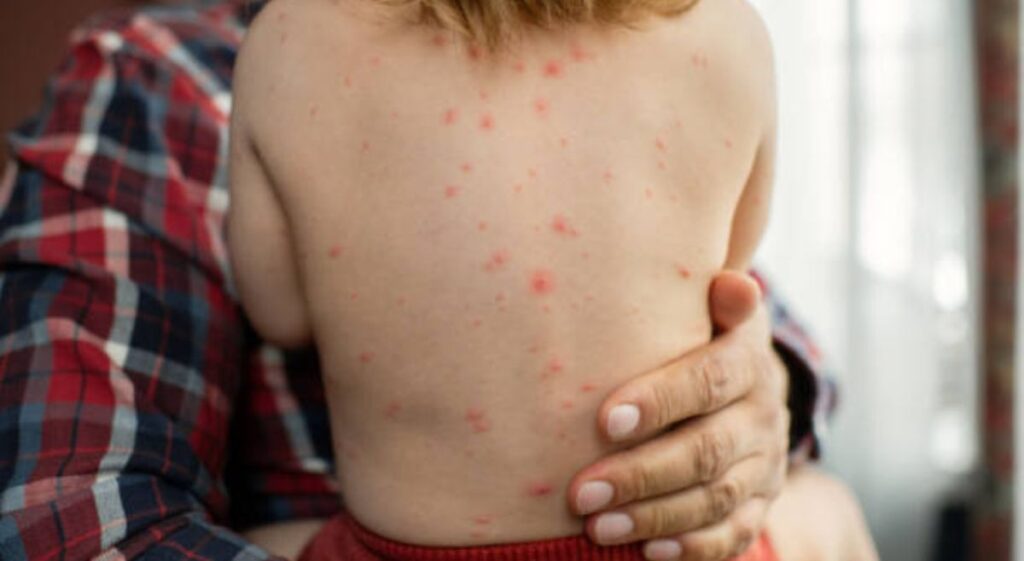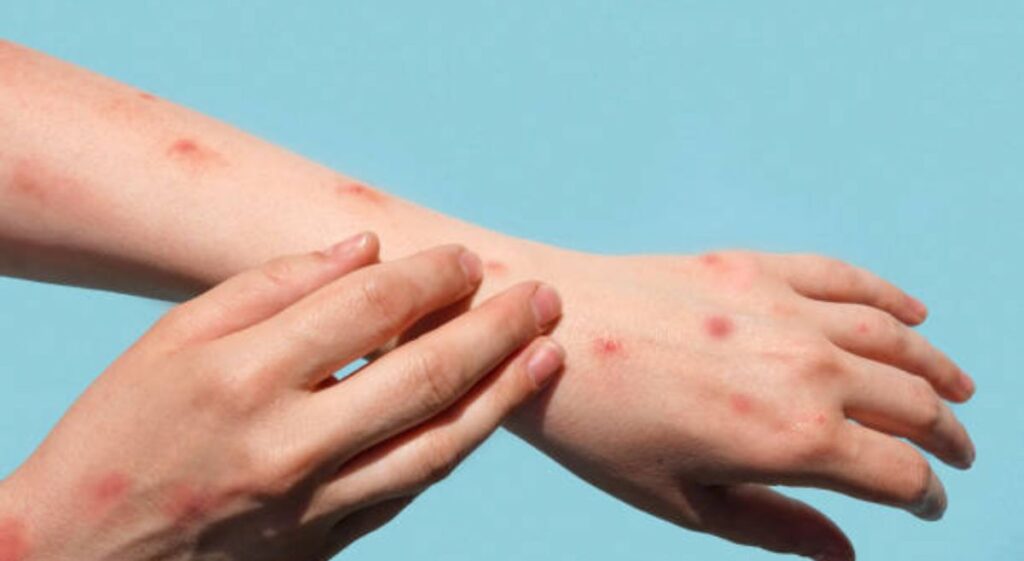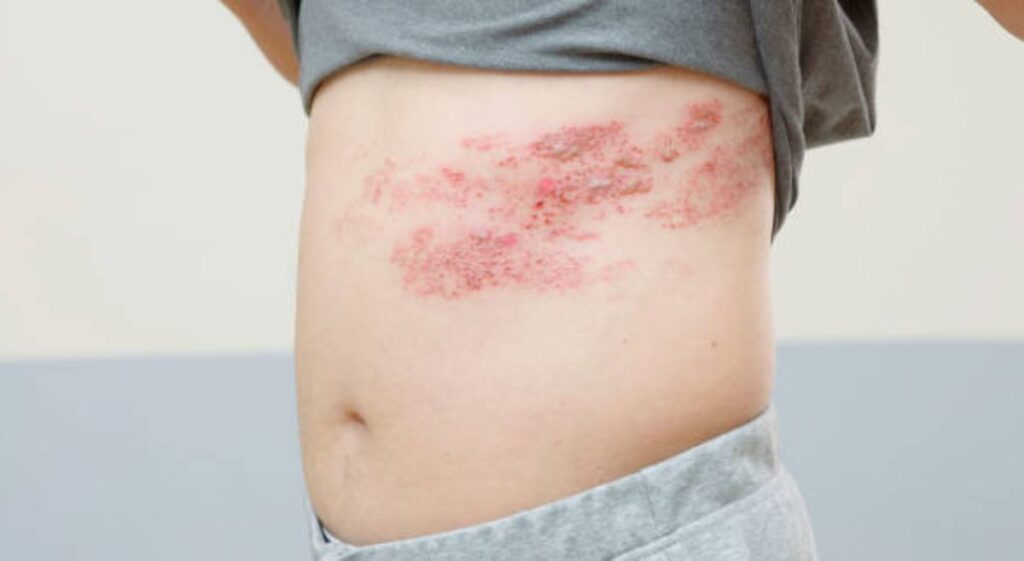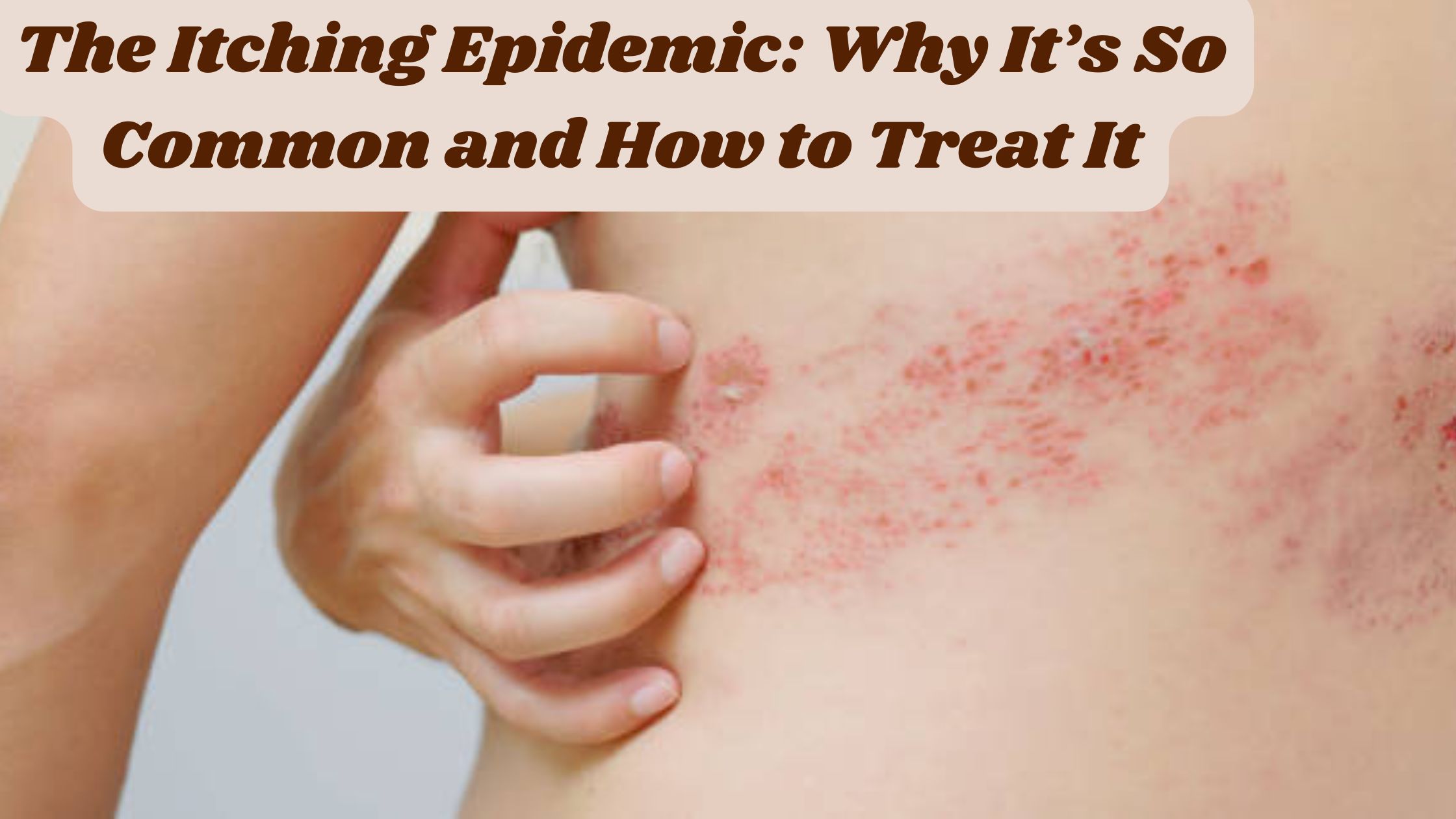Introduction
The Itching Epidemic: Why It’s So Common and How to Treat It

Itching, a seemingly minor inconvenience, has become a widespread concern in recent years. From mild irritations to persistent discomfort, the prevalence of itching has increased, affecting people of all ages. But what is causing this rise, and more importantly, how can it be treated effectively?
Understanding the Causes of Itching Epidemic
The recent increase in itching can be attributed to several factors, many of which are linked to changes in lifestyle, environment, and health. Here are the main causes:
1. Environmental Pollution: Increased exposure to pollutants, chemicals, and toxins in the air and water can irritate the skin, leading to more frequent itching. Urbanization and industrialization have significantly contributed to this issue.
2. Climate Change: Changes in weather patterns, such as higher temperatures and increased humidity, can affect skin health. These conditions can cause dryness, sweating, and irritation, leading to itching.
3. Allergies: There has been a rise in allergic reactions due to increased exposure to allergens like pollen, dust mites, and pet dander. These allergens can trigger itching, especially in individuals with sensitive skin or allergic conditions like eczema.
4. Skin Disorders: Conditions like eczema, psoriasis, and dermatitis are becoming more common, often leading to chronic itching. The exact causes of these conditions can be genetic, environmental, or related to immune system dysfunction.
5. Dietary Factors: Poor diet and increased consumption of processed foods can lead to nutrient deficiencies and skin inflammation. Certain foods can also trigger allergic reactions, contributing to itching.
6. Stress and Mental Health: Psychological stress has been linked to skin conditions that cause itching, such as eczema and hives. Stress can also exacerbate existing skin issues, leading to more frequent and severe itching episodes.
7. Hygiene Products: The widespread use of synthetic soaps, detergents, and skincare products with harsh chemicals can irritate the skin, causing itching. The trend towards using fragranced and chemically-laden products can exacerbate this issue.
8. Medications: Some medications, including antibiotics and pain relievers, have side effects that include itching. As the use of these medications has increased, so has the incidence of related itching.
9. Underlying Health Conditions: Chronic diseases such as diabetes, liver disease, kidney disorders, and thyroid issues often have itching as a symptom. The rise in these conditions has contributed to the overall increase in itching cases.
10. Increased Awareness: Greater awareness and reporting of skin conditions have also led to more people seeking help for itching, making it appear more prevalent.
These factors combined have contributed to the rise in itching, making it a more common complaint among people today.
Can lifestyle changes help reduce chronic itching Epidemic?
Yes, lifestyle changes can play a significant role in reducing chronic itching. By addressing underlying causes and adopting healthier habits, you can alleviate and even prevent persistent itching. Here are some effective lifestyle changes to consider:

1. Improve Skin Care Routine
- Moisturize Regularly: Keeping the skin well-hydrated can prevent dryness, which is a common cause of itching. Use fragrance-free, hypoallergenic moisturizers, especially after bathing.
- Gentle Cleansing: Use mild, soap-free cleansers and avoid hot water, which can strip the skin of its natural oils. Opt for lukewarm water and pat the skin dry with a soft towel.
2. Manage Stress
- Practice Relaxation Techniques: Chronic stress can exacerbate skin conditions like eczema and psoriasis, leading to itching. Techniques such as yoga, meditation, and deep breathing exercises can help reduce stress levels.
- Adequate Sleep: Ensure you get enough restful sleep, as poor sleep can worsen skin health and increase the perception of itching.
3. Adopt a Healthy Diet
- Balanced Nutrition: A diet rich in vitamins, minerals, and antioxidants supports skin health. Incorporate foods high in omega-3 fatty acids (like fish, walnuts, and flaxseeds) to reduce inflammation and dryness.
- Stay Hydrated: Drinking plenty of water helps maintain skin hydration, reducing the likelihood of dryness and itching.
4. Identify and Avoid Triggers
- Allergen Awareness: Identify any food, environmental, or contact allergens that may be causing itching. Avoid known triggers such as certain fabrics, chemicals, or foods.
- Fragrance-Free Products: Choose personal care products, detergents, and household cleaners that are free from fragrances and harsh chemicals.
5. Maintain a Comfortable Environment
- Control Humidity Levels: Use a humidifier in dry environments to maintain adequate moisture in the air, which can prevent skin from drying out.
- Wear Appropriate Clothing: Choose soft, breathable fabrics like cotton to reduce skin irritation. Avoid tight-fitting clothing that can rub against the skin.
6. Exercise Regularly
- Boost Circulation: Regular physical activity improves blood circulation, which can enhance skin health and reduce itching. Just be sure to shower and moisturize after sweating to prevent skin irritation.
7. Avoid Excessive Scratching
- Resist the Urge: Scratching can worsen itching and lead to skin damage or infection. Keep nails trimmed and consider wearing gloves at night to prevent scratching while sleeping.
8. Quit Smoking and Limit Alcohol
- Smoking: Tobacco smoke can dry out the skin and worsen conditions like psoriasis, which can increase itching.
- Alcohol: Excessive alcohol consumption can dehydrate the body and skin, leading to dryness and itching.
9. Regular Check-Ups
- Monitor Health: Chronic itching can sometimes be a symptom of an underlying health condition, such as diabetes or thyroid issues. Regular check-ups can help detect and manage these conditions early.
10. Consult a Professional
- Seek Medical Advice: If lifestyle changes do not alleviate the itching, consult a dermatologist or healthcare provider for a thorough evaluation and personalized treatment plan.
By incorporating these lifestyle changes, you can significantly reduce the frequency and intensity of chronic itching, improving your overall skin health and quality of life.
What natural remedies work best for treating itchy skin?

Natural remedies can be very effective in soothing itchy skin. Here are some of the best options:
1. Aloe Vera: Aloe vera has anti-inflammatory and cooling properties that can help reduce itching and irritation. Apply fresh aloe vera gel directly to the affected area for relief.
2. Oatmeal Baths: Colloidal oatmeal can soothe and moisturize the skin, reducing itching. Add finely ground oatmeal to a lukewarm bath and soak for 15-20 minutes.
3. Coconut Oil: Rich in fatty acids and anti-inflammatory properties, coconut oil can moisturize dry skin and reduce itching. Apply it directly to the skin, especially after bathing.
4. Apple Cider Vinegar: Diluted apple cider vinegar has antiseptic properties that can help with itching caused by infections or dry skin. Mix equal parts of vinegar and water, then apply with a cotton ball to the itchy area.
5. Baking Soda: Baking soda can help neutralize irritants and reduce inflammation. Make a paste with water and apply it to the itchy area, or add it to a bath.
6. Honey: Honey is a natural humectant and has antimicrobial properties. It can soothe and hydrate the skin, helping to reduce itching. Apply a thin layer of raw honey to the affected area.
7. Peppermint Oil: The cooling sensation from peppermint oil can relieve itching. Dilute a few drops in a carrier oil like coconut or olive oil and apply to the itchy area.
8. Chamomile: Chamomile has anti-inflammatory properties that can soothe itchy skin. Use chamomile tea bags or essential oil diluted in a carrier oil and apply it to the skin.
9. Witch Hazel: Witch hazel is a natural astringent that can help relieve itching and reduce inflammation. Apply it with a cotton ball to the affected area.
10. Cucumber: Cucumber has a cooling effect that can help alleviate itching. Slice a chilled cucumber and apply the slices directly to the itchy skin.
These natural remedies can be helpful for mild to moderate itching, but if the condition persists or worsens, it’s advisable to consult a healthcare professional.
Conclusion
The itch epidemic is a growing concern, but understanding its causes and knowing how to treat it can provide much-needed relief. By taking proactive steps, you can keep itching at bay and maintain healthy, comfortable skin.
References
- Mayo Clinic: Provides information on various causes of itching and effective treatments.
- American Academy of Dermatology: Offers expert advice on managing itching and related skin conditions.
- WebMD: A resource for understanding the connection between allergies and itching.
- Healthline: Explores natural remedies and lifestyle changes to prevent itching.
